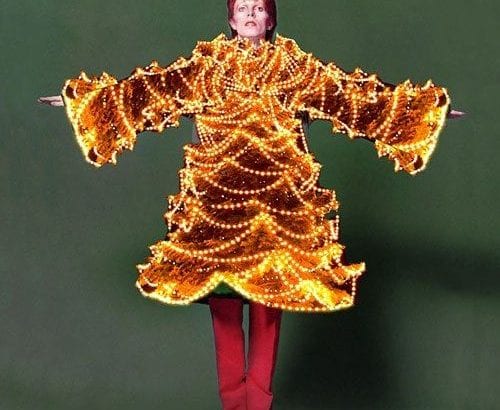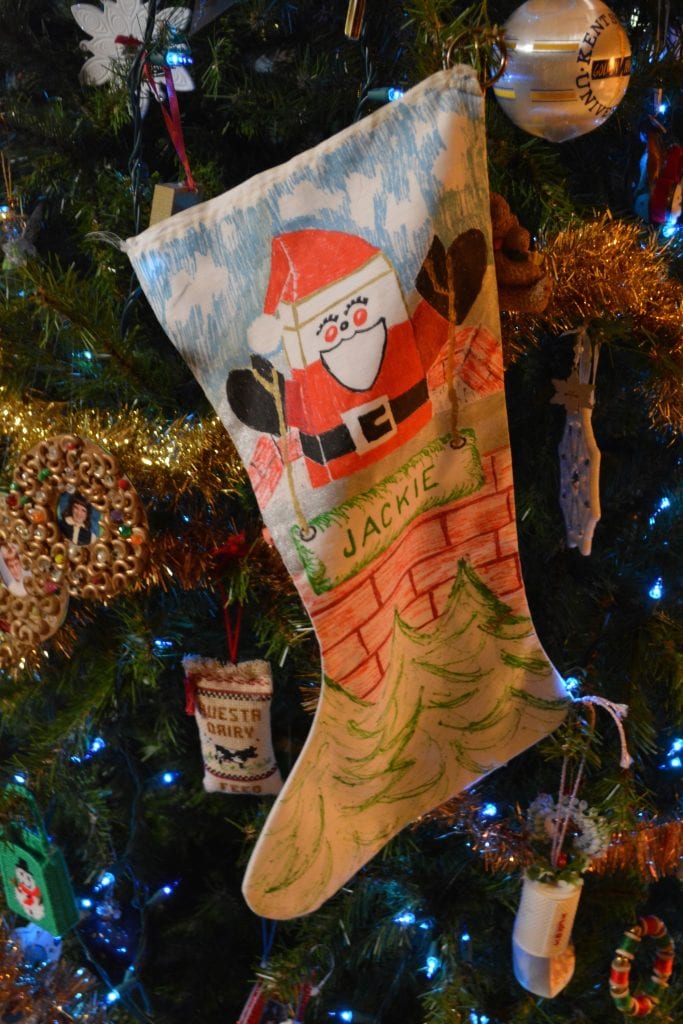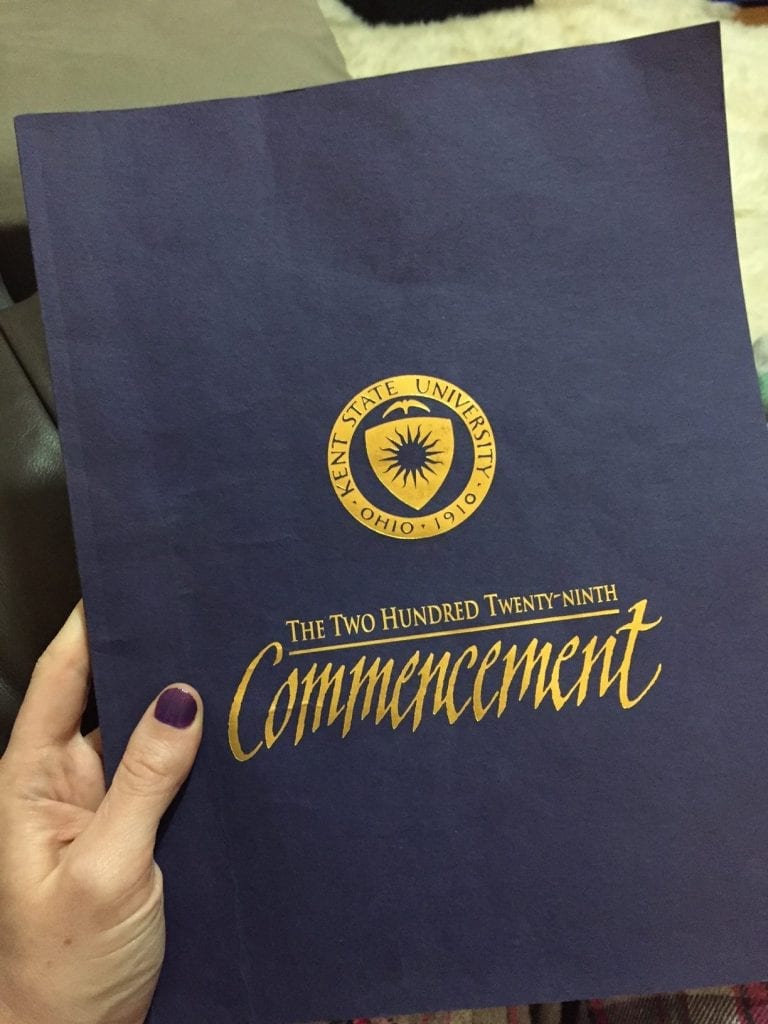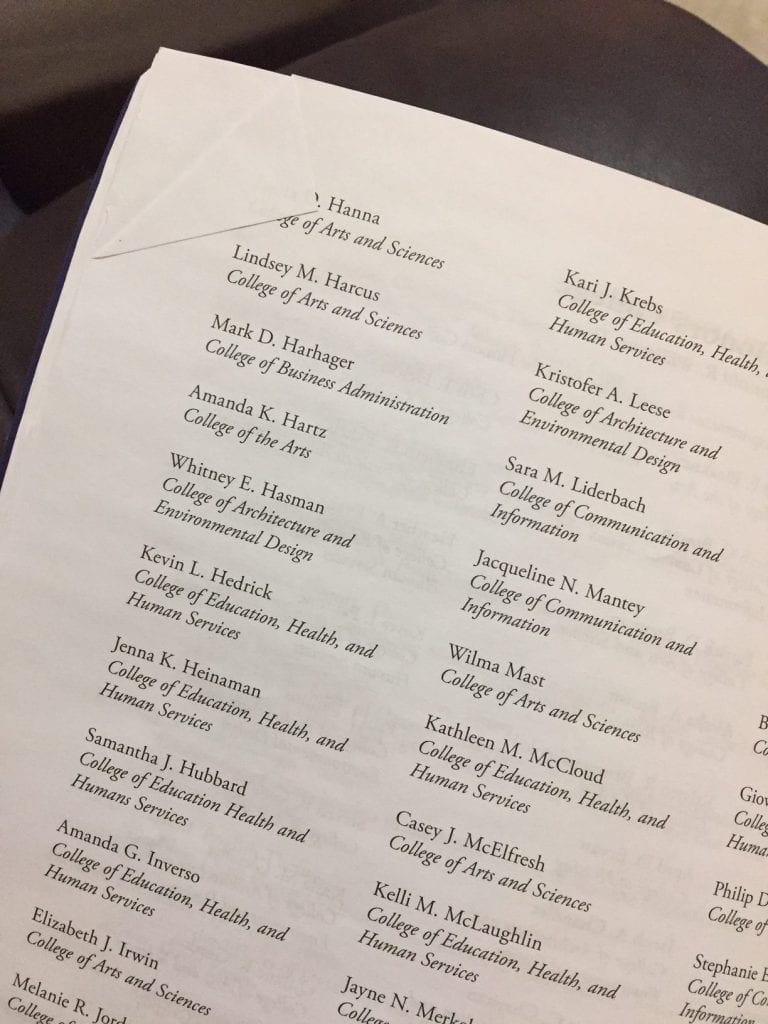We’re not imagining that 2016 seemed unusual in its famous deaths. BBC took a look at its obituaries files and found that twice as many notable people died in 2016 compared to 2015.
But do you think the celebrity death toll will be even higher next year? I think it will be, and forever more. We just have a lot more people who qualify as celebrities now. Can you imagine what it will be like when Millennials hit their seventies? It’ll be Jennifer Aniston one day, Pauly D and the guy from the Bad News Brian meme the next. Every day we will mourn a celeb passing because we’ll have triple the celebrities as days in the year.
Plus, with social media, we hear about or see more loss than we would if we didn’t have a platform where we could follow people throughout their lives. When an acquaintance you worked with for a few months at Quizno’s your sophomore year of college becomes your Facebook friend and dies years later in, I don’t know, like, a freak boating accident and you read about it when you go to write on his wall for his next birthday, you’re naturally inclined to think it’s been a rough year out there, whereas before social media that guy would have left your social bandwidth the last day you two steamed a ranch chicken sub side by side.
Of all the celebrity deaths in 2016, I was most upset by that of David Bowie. His music was the soundtrack of my transition from high school into college. People who knew Bowie comment often on his chameleon-like qualities. He could blend in anywhere, which is pretty remarkable for a diamond among pebbles.
Some of the best artists I know are like this. The shape shifting they’re capable of correlates to their ability to empathize with multiple, often competing perspectives—they see the world in a way the rest of us can’t because they’re often living on their own one. They transcend structural identities and get on with it. When they’re good at what they do, they see to the core of humanity (through watching us and self inspection). They dispatch what they find through their work. That’s why art matters. It helps us better understand others and ourselves.
Bowie’s music did a lot of the latter for me. I loved how he could live in flux. I wanted to live like that. I do live like that. I try. Between David to Bowie to Ziggy Stardust, he moved flawlessly. He could be an alien and also the kind of good guy who would sing Christmas songs around a piano with American meatheart Bing Crosby. His manifestation of butterfly to caterpillar and back again is a feat no other musical artist has been able to pull of since—although that may not be entirely their fault.
We are such brands as ourselves, even you and me, those aforementioned pretty pebbles. Because we have (most of us anyway) so clearly defined who we are as people online, any attempt to be someone drastically different or made up feels contrived, even when its for performance. It’s hard to pull off a thinned mustache and angsty hairdo when you are a cowboy and have taught everyone else how to be one too (looking at you, Garth). Not even Beyonce could pull it off and she, as the good book predicted, can do almost anything. But her Sasha Fierce character fell as flat as Britney Spears vocals pre auto-tune.
But Bowie, man. His range of expression was part of his art and, thus, his charm. It’s hard to maintain credibility in pop culture as a capital-A-Artist without coming off like a complete twat. He never did.
I want to be like Bowie. Still. On a much less grand and glittery scale, but I want to be genuine in my different roles and identities.
Never false, but also never stuck.
I want to gracefully be able to change my mind, grow and love even when it’s difficult. Part of my admiration for him came from his fluidity and what he offered me because of that. I could listen to “Let’s Dance” with my mom and get weird to “Diamond Dogs” with my friends. In a way that seemed effortless he straddled the fence. Hell, he danced on it.
I long for that kind of ambiguity right now when everything is so polarized. Bowie could jump from lily pad to lily pad, bring them together without ever sacrificing his unique magic. This year I’ve felt more like a sinking stone between two.
My lily pads. The Chicago jungle. The central Ohio farmlands. They seem further apart than ever before. They are physically speaking, two different worlds, but after the presidential election, they felt like that emotionally and intellectually too. Distant planets. Like spiders from Mars. As quickly as Chicago turned blue, Marion, Ohio, seeped red.
I have a lot of role models who have showed me how to live in the middle of these two spaces. My experience of having radical beliefs and conservative roots is certainly not a unique experience. Reconciling the two requires a balancing act that is actually quite rewarding. I can never be too much of an asshole one way or another because I love people who are completely different from me—when I get mad at them, I remember why they’re still in my lives and find a new way to explain why I disagree instead of shutting the door. It challenges me to explore what I believe and why on a regular basis.
At first, after November 8, I didn’t want to go home for Christmas. Talk about identity issues: How can I be the only one who became a radical anarchist in a loving home of Republican Roman Catholics? I’ve always felt a little displaced there, even with all that love coming my way. Difference, even amidst love, can cause confused wounds and mine had healed with time and art and maturity and writing and, well, David Bowie.
But home I went (and I was so excited to do so after some perspective and self-care revealed ways I plan to make a difference during the next four years. Volunteering, donating, just trying to continue being a good person in whatever definition that takes for me).
When I was home, the 2016 death I kept being reminded of was not that of a celebrity. It was of my grandma. Grandma’s expressions of love for me could be spotted everywhere if I was paying close enough attention. And I was. She left behind a lot. From the stocking that she made for me that hung every year at the farmhouse where she lived with my grandpa, to the ornaments she made for all of us every year. She always tucked $1 into the ornaments’ folds. I used to love digging a little finger, sticky from sneaking Christmas cookies, into the ornament to pull out my prize. Every year of my life she gave me one of those.
Rural America is consistent. Just like those ornaments. I know what to expect there. It is slow to change and relatively simple. Sometimes that infuriates me, but I need that caution in my life too. I need to know I can always come home and some things will be the same. The tree will be up and gift with my name on it will be underneath, no matter what I choose to do, say or vote for the rest of the year. In my life are good people who are willing to listen, and so am I.
Later in the week, my dad was going through some boxes from grandma’s house and I was helping, which means I was just looking at the contents that made their way from box to living room floor. There were bowls and trinkets. A lot of religious iconography. I laid claim to a framed towel my grandma decorated after a Bahamas trip with seashells she found on the beach.
Then he pulled out a blue book. Looked at it. Handed it to me. It was the program from my college graduation. She rode up with my family to watch me walk across the stage and get my diploma, the young woman she saw there much different from the little girl she remembered. I smiled and opened the pages.
There’s no way she could have realized what a wonderful feeling her actions around this program would inspire in me years later. Not only was I moved that she had kept it, but that she had dog-eared all the pages of the book that listed my name. Had she looked at it again, after the ceremony? Maybe, maybe not. But she had been there and that mattered. And she had, in her deep pride of my accomplishment, made sure to note with a fold of the page where I was named for my efforts.
My grandma and I were not close, but I feel the unspoken power of this action and note how this feels different from the ornaments. She never would have known I’d see the book, her folds. She just felt love and excitement for me and did what she did. The recognition of her recognition created a deep tenderness in me as I watched my mom, that same night, crochet a blanket for her next grandchild. I hope he reaches the level of appreciation for the thought and care that went into that blanket as I do for my grandma’s quiet examples of what I meant to her.
On my flight back to Chicago, I read the following passage in an essay by philosopher Todd May. It seemed so fitting as I flew to my other lily pad, not quite knowing how I will define “home” in my future.
“Death and its other, immortality, present us with the paradox our lives must grasp. We must simultaneously recognize the evil to each of us that death inescapably is and yet also not pine for a future that would bleed us of the reasons to fear death. We must embrace the fragility that lends our lives beauty and, at the same time, withdraws beauty from us. There is no straight path, nor a crooked one, that will lead us beyond all this. Our home lies here, we might say.”
Art always finds a way to move my understanding forward. This passage just the latest example. But it’s nice to know even as I progress I will be tied to a place that, though different from me, will always hold me tight, no questions asked. My teachers include David Bowie. And my grandma.
Soon, out my window, Chicago blasts its lights. Thousands of beacons that say hello, welcome to the other side. From my angle, as we curve over Lake Michigan, the city looks like it goes on and on forever. As if all the life doesn’t eventually end buried in acres of dirt. I know it does. And I’m not afraid. I smile, take a pic, and text it to my family in Ohio.




